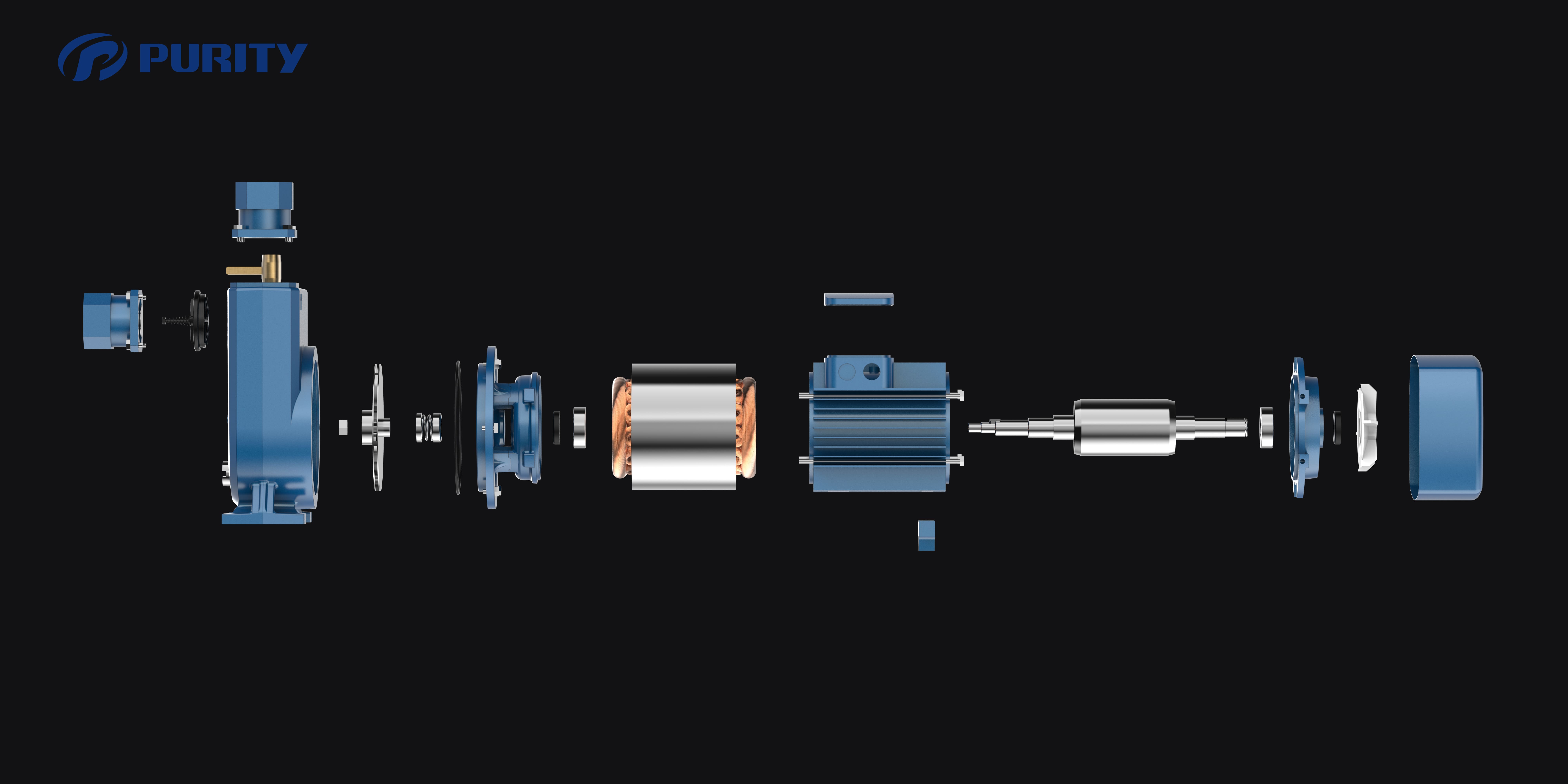The impeller is a crucial component of a pump, playing a vital role in determining its performance and efficiency. Its primary function is to transfer energy from the pump's motor to the fluid being pumped. This energy transfer is essential for moving the fluid through the pump and the rest of the system. Understanding the function of the pump impeller involves examining its types, advantages, materials, and the importance of proper maintenance.
Pump impellers can be categorized into three main types based on their structure: closed, semi-open, and open impellers. Each type has unique characteristics and is suitable for different applications.
1. Closed Impeller: This type has front and rear cover plates, making it highly efficient. Closed impellers are commonly used in single-suction and double-suction centrifugal pumps. These impellers are designed to handle clear liquids with low levels of suspended solids. Due to their enclosed design, they offer high operational efficiency but can be prone to clogging when dealing with solids or debris.
2. Semi-Open Impeller: Featuring only a rear cover plate, semi-open impellers are better suited for handling liquids with some level of suspended solids. They are less prone to clogging compared to closed impellers and are used in applications where the fluid being pumped contains some particulates.
3. Open Impeller: Open impellers lack both front and rear cover plates, making them ideal for pumping liquids with significant amounts of suspended solids. They are commonly used in centrifugal pumps designed for slurry, sewage, and waste pumping. Open impellers are particularly valued for their ability to handle fluids containing twigs, waste, light paper products, and other solid materials.

Figure | Purity PXZ explosion diagram
Open impellers offer several advantages that make them popular in various pumping applications:
1. Resistance to Clogging: One of the most significant benefits of open impellers is their resistance to clogging. In situations where other impeller types might struggle, open impellers can continue to operate effectively, minimizing downtime and maintenance needs.
2. Handling Suspended Solids: Open impellers excel at pumping fluids with suspended solids, such as slurries, waste, and other particulate-laden liquids. This capability is crucial in industries like wastewater treatment, mining, and paper manufacturing, where the fluid being pumped often contains solids that can impair the function of other impeller types.
3. Ease of Maintenance and Adjustment: Open impellers are designed for easy maintenance. External adjustment allows for quick and straightforward modifications to ensure proper clearance and optimal performance. This feature is particularly beneficial when the impeller parts show signs of wear. Adjustments can be made without disassembling the pump, saving time and reducing the complexity of maintenance procedures.
The material used to manufacture impellers is crucial for ensuring their durability and performance. Impellers must possess sufficient mechanical strength, wear resistance, and corrosion resistance. Common materials include:
Cast Iron: Suitable for general-purpose applications, cast iron offers good durability and cost-effectiveness.
Cast Steel: Provides enhanced strength and is often used in high-pressure applications.
Stainless Steel: Known for its excellent corrosion resistance, stainless steel is ideal for applications involving aggressive fluids or corrosive environments.
Bronze: Often used in pumps handling flammable or explosive liquids, bronze impellers offer good mechanical properties and corrosion resistance.
Proper maintenance is essential for achieving high efficiency and longevity of the pump and its impeller. Regular inspections and adjustments help ensure that the impeller operates at optimal performance levels. For open impellers, external adjustments can extend their lifespan by maintaining proper clearance. This reduces the risk of wear and tear, which can lead to decreased efficiency and potential pump failure.
In conclusion, the impeller is a critical component of a pump, responsible for transferring energy from the motor to the fluid. Different types of impellers, such as closed, semi-open, and open, cater to various applications based on their design and capabilities. Open impellers are particularly advantageous for their resistance to clogging, ability to handle suspended solids, and ease of maintenance. Choosing the right material for the impeller and ensuring proper maintenance are key to maximizing pump performance and efficiency.